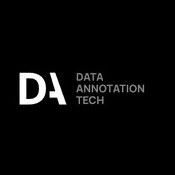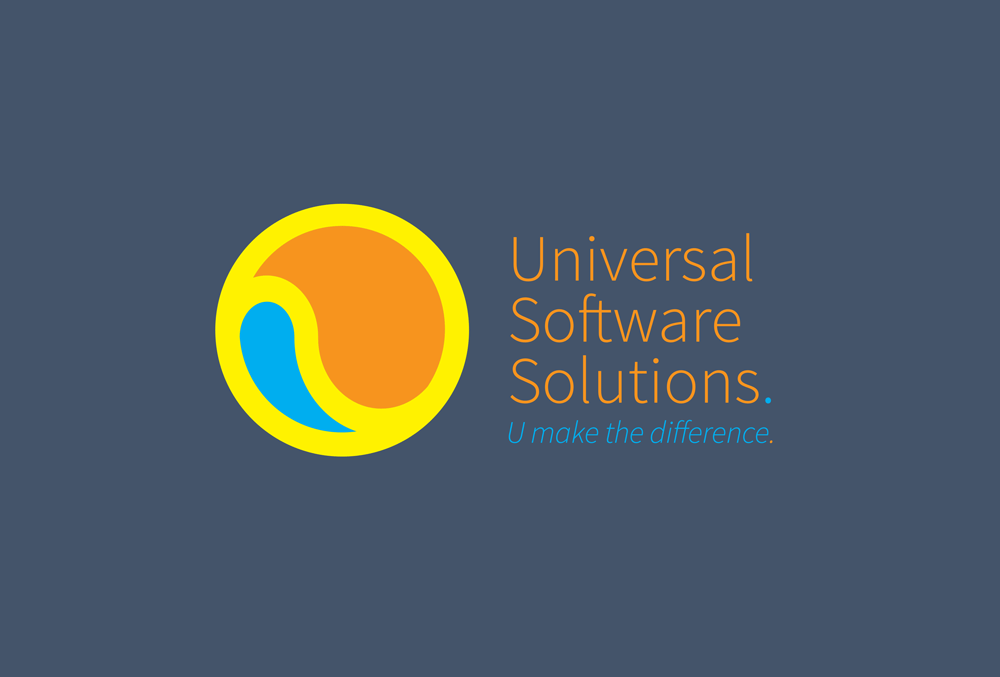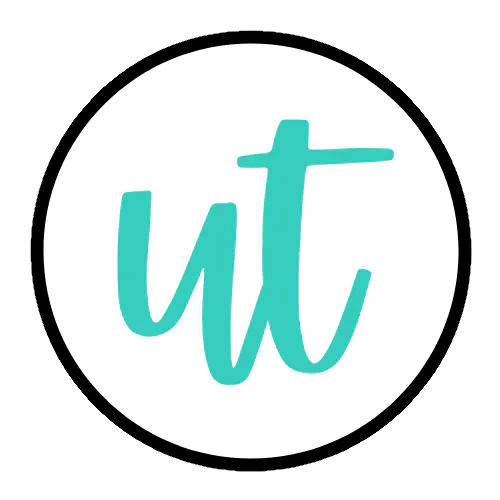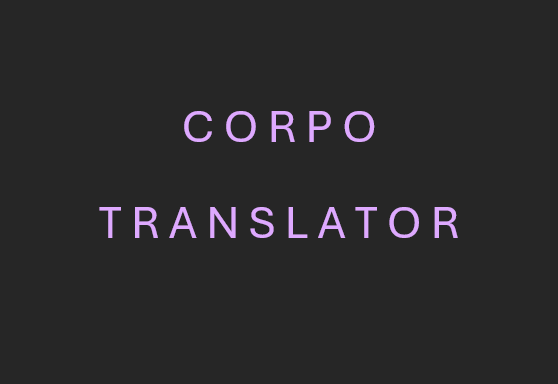
Lead Front-End Developer

Jul 2024 - Present
- Ongoing role at an early-stage startup, leading the development of an event-discovery web application for university students, scheduled for release to UniMelb students by early to mid next year.
- To view our app (very incomplete and still in its dev stage), go to this URL -> circula.dyndns-web.com:32722. Accessible on both mobile and desktop.
- Solely responsible for building the front-end in its initial stages, utilising the new Next.js app router to create a robust and user-friendly interface.
- Skills: Web Development (Next JS, TypeScript, Tailwind CSS), Auth (Firebase), Google API (Maps, Places), Dev workflow (Slack, Git)
Personal Summary:
I was first approached by Mia, the founder, whilst doing some of my programming work at the bouldering gym
When she asked if I wanted to help out with her team, I immediately said yes. I have always wanted to use my programming skills for a cause that is personal and genuine to me. The purpose of this app and company aligned with my goals, and as such I joined without hesitation.
I quickly found out that I was pretty much the sole front-end developer, to which I took on the mantle without hesitation.
Once I properly wrapped my head around our use case, I proposed a tech stack that would fit the goals of our application, with technologies that I had some familiarity with.
I consulted with our back-end developer what his plans were for the back-end, and made sure that my proposed front-end (NextJS), could incorporate his vision as well.
The starting process wasn't easy. I often found myself stuck in analysis paralysis at times, not wanting to head in the wrong direction. However, once I got the ball rolling, things were much easier.
I utilised various external resources to build the front-end, and consulted with GPT-4 on the best course of action on technologies to implement.
Once I finished building the state management component, things were much more streamlined from then on. We have since managed to secure a spot as an industry partner for a UniMelb masters subject, which essentially saw us taking on a group of software developer students as our interns.
Taking on a pseudo managerial position was quite interesting, as I saw myself being faced with questions that required me to quickly identify the root cause of.
One particular instance was when I was told our external call to a Google API seemed to not work suddenly. I was given little information, and I had to get the student to contact me, asking them context questions to identify the root cause. Ultimately, we found that our Google Cloud Project hadn't enabled `Places API`, which was strange since this was working prior even without this API enabled.
One of the biggest lessons I have learned so far is working with different coding styles. Being flexible in different ways of coding is key, as I needed to understand their implementations in order to give proper advice and thoughts.
Another lesson is in managing external expectations, particularly with parties that don't have much developing experience. I needed to explain things in ways that were understandable for them, highlighting why certain features and app pages may take a certain time frame to implement.
Recently, I had the pleasure of representing the company (alongside other members) at a networking event. It was inspiring to connect with so many other passionate groups of people.








